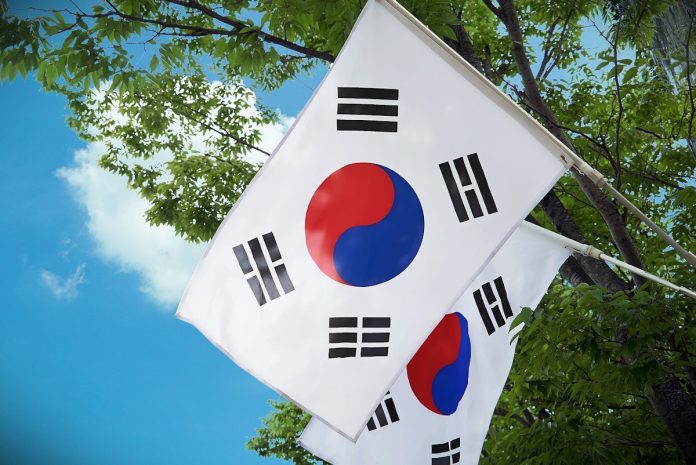Ben & Jerry’s Claims Unilever Undermined Its Brand Integrity
Ben & Jerry’s is taking a stand against its parent company, Unilever, accusing the FMCG giant of jeopardizing the ice cream brand’s values and mission. In a legal battle that highlights growing tensions, Ben & Jerry’s independent board claims Unilever’s business decisions are at odds with the company’s long-standing social commitments.
Dispute Over Israeli Market Operations
At the heart of the dispute is Unilever’s decision to sell Ben & Jerry’s Israeli business to a local licensee despite the brand previously stating it would cease operations in the region over concerns about selling products in Israeli settlements. The independent board asserts that this move contradicts the brand’s social mission and could dilute consumer trust.
Ben & Jerry’s, which has operated with a degree of independence since being acquired by Unilever in 2000, argues the deal allows its products to be distributed in areas it explicitly sought to avoid. The company has now taken legal action to contest Unilever’s decision, filing a case in a U.S. federal court.
Brand Autonomy at Risk?
This case raises broader questions about how multinational corporations balance brand independence with central decision-making. Ben & Jerry’s has long operated with its own independent board, which oversees brand integrity and ethics, a unique arrangement compared to Unilever’s other subsidiaries.
The ice cream maker’s representatives argue that Unilever’s actions set a concerning precedent by ignoring the board’s governance. Meanwhile, Unilever defends its position, stating that the transfer of its Israeli business aligns with its global operations strategy and ensures continued consumer access to Ben & Jerry’s products in the region.
Industry Implications
This dispute underscores the challenges FMCG brands face when navigating social responsibility alongside commercial interests. Consumers increasingly expect brands to stand firm on their values, yet corporate ownership structures can complicate decision-making.
For industry players, the outcome of this case could influence how brand independence is structured within large consumer goods companies. It also signals the potential risks businesses face when consumer activism intersects with corporate governance.
As legal proceedings unfold, the FMCG sector will be watching closely to see how Unilever and Ben & Jerry’s resolve this

